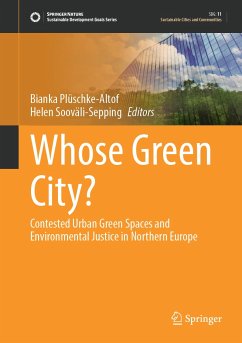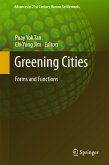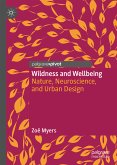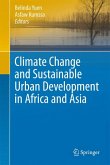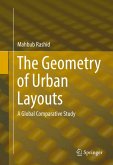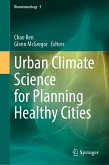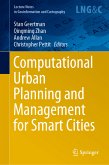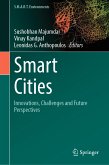Against the backdrop of an accelerating global urbanization and related ecological, climatic or social challenges to urban sustainability, this book focuses on the access to "safe, inclusive and accessible green and public space" as outlined in United Nations' Sustainable Development Goal No. 11. Looking through the lens of environmental justice and contested urban spaces, it raises the question who ultimately benefits from a green city development, and - even more importantly - who does not. While green space benefits are well-documented, green space provision is faced by multiple challenges in an era of urban neoliberalism. With their interdisciplinary and multi-method approach, the chapters in this book carefully study the different dimensions of green space access with particular focus on vulnerable groups, critically evaluate cases of procedural injustice and, in the case of Northern Europe that is often seen as forerunner of urban sustainability, provide in-depth studies on the contexts of injustices in urban greening.
Chapters 1, 5, and 6 are available open access under a Creative Commons Attribution 4.0 International License via link.springer.com.
Dieser Download kann aus rechtlichen Gründen nur mit Rechnungsadresse in A, B, BG, CY, CZ, D, DK, EW, E, FIN, F, GR, HR, H, IRL, I, LT, L, LR, M, NL, PL, P, R, S, SLO, SK ausgeliefert werden.

